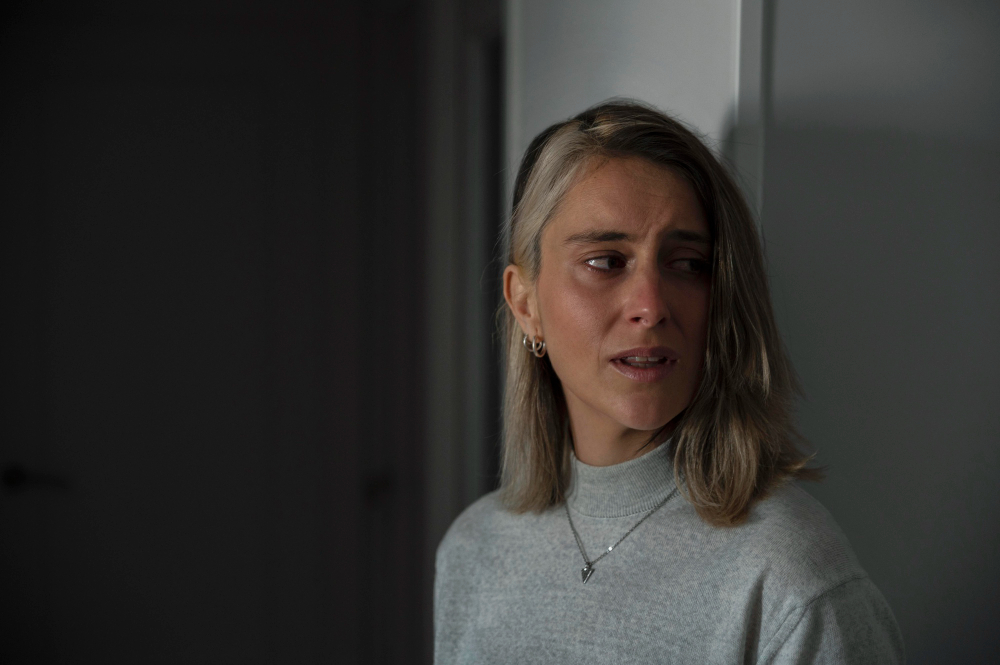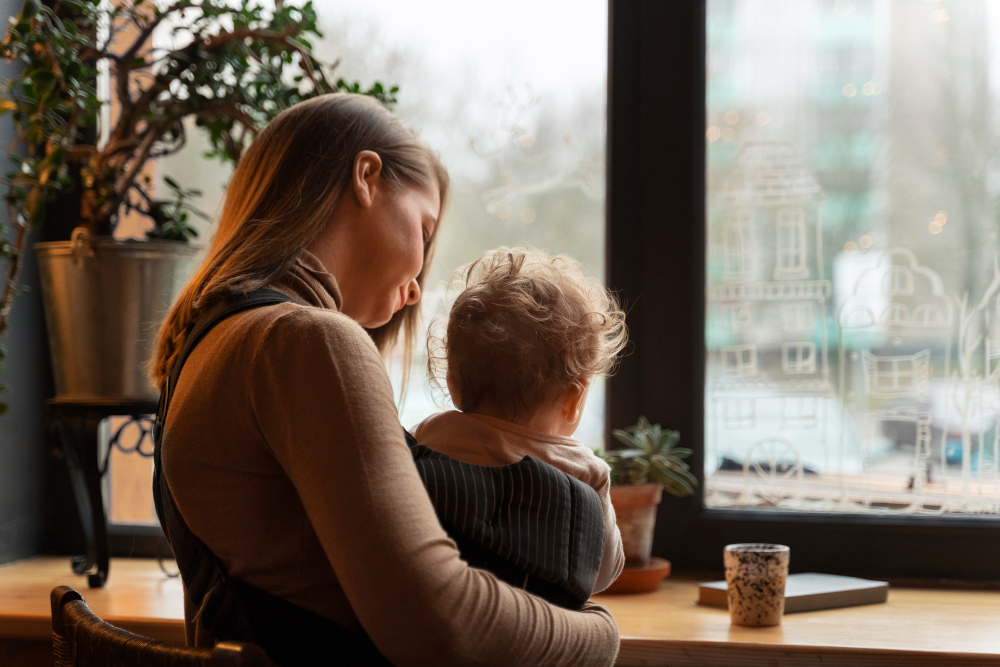There is a moment that plays out in a thousand variations—at school pickup, on the playground, during track and field events—when a parent turns to you, warm and casual, and says, “How are things?”, and for the briefest fraction of a second, you forget the rules and answer honestly.
You begin to speak—not with rehearsed pleasantries, but with something real, something sharp-edged and unfinished, about the latest harm, about how the principal once again mishandled your child’s needs, about how the accommodations you were promised were quietly revoked without explanation, about the slow, bruising violence of being dismissed while remaining outwardly composed—and as you speak, you see it happen: the smile flickers, their face shifts, and you register, viscerally, that you’ve said the wrong thing. They know the principal and she’s wonderful.
You feel it instantly—not just socially, but in your bones, in that deep animal part of you trained over years to recognise danger masquerading as awkwardness—and what you know, without needing words, is that you weren’t supposed to say that, not here, not like this, not with that intensity, even though it’s true, even though it’s still happening, even though your child is still hurting and you are still fighting every day just to be heard.
Because what matters in that moment is not the truth, but the unspoken code: keep it light, keep it short, keep it safe.
And suddenly, without meaning to, you are nine years old again, standing on the asphalt at recess, having just said something strange or too honest or too intense, watching your classmates recoil—not because you were unkind, but because you said something that broke the illusion everyone was working so hard to maintain.
You remember, all at once, the cost of being honest in public—the cold clarity that comes when your words are too big for the room—and you realise that the code has changed again, and that just like childhood, if you want to belong, you will have to lie, or at the very least, you will have to contort, to conceal, to shrink your truth down into something the others can digest without consequence.
You will have to let the people who harmed your child believe that you are okay.
And that is its own kind of wound.
Because there comes a point—after too many meetings, too many reports, too many moments where your grief was either ignored or pathologised—when the cost of silence exceeds the cost of being misunderstood, when you simply run out of spoons for smoothing things over, for translating your pain into polite abstractions, for filtering your truth through someone else’s nervous system.
And so you start to tell it—not because it’s strategic, or persuasive, or guaranteed to make change, but because you can’t not, because your body is done hosting the lie, because your grief has hardened into a kind of ethical clarity, because you were born with a compass that always points to truth, even when that truth breaks you open in the telling.
The unbearable etiquette of being betrayed
What no one prepares you for—what no handbook for parents, no well-meaning friend, no glossy back-to-school guide even attempts to name—is just how much social performance is demanded of you when your child has been harmed, and when the people responsible are the very ones you are expected to collaborate with, smile at, and thank.
You are expected to enter rooms where people have lied to you—directly, smoothly, professionally—or worse, where they have said nothing at all while harm unfolded under their watch; people who read your emails and ignored them, who nodded through meetings while quietly reinterpreting your child’s needs as deficiencies, who pathologised their sensory responses, dismissed their boundaries, and participated in their distress with soft tones and institutional calm.
And still, you are expected to greet them cordially. To exchange pleasantries. To engage in small talk about the weather, the long weekend, or the new math curriculum.
You are expected to behave as if these individuals are neutral actors in a difficult situation, rather than complicit in a series of avoidable, preventable harms that your child has had to metabolise without support.
And while they sit across from you, legs crossed and voices even, flipping through agendas and IEPs, you sit there bleeding—not metaphorically, not emotionally in the simple sense, but spiritually, as if your body has been peeled open and your heart laid bare on the table while the meeting proceeds around it as though nothing has happened.
You smile anyway. Because if you don’t, they’ll write hostile parent in the minutes, and that phrase—casual, clinical—will follow you for years. You modulate your tone, carefully managing each syllable, because if your voice cracks or sharpens or breaks, they will describe you as dysregulated, and that word will become a reason to discredit your advocacy. You hold the pain in your body like a toxin you are not allowed to release, like grief you are expected to carry in silence so others can feel at ease. And then someone says, with well-practised sincerity, “We all want what’s best for your child.”
And you want to scream.
Because if that were true, you would not be sitting here—again—having to explain why your child deserves to eat when hungry, to use the bathroom when they need to, to stim without shame, to bring a fidget without it being confiscated, to use headphones without being asked to earn them.
You would not be sitting here begging for dignity, begging for patience, begging for one adult in the building to see your child’s distress and respond with care rather than compliance.
The impossible task of relating to people who did not protect your child
There is something uniquely surreal—almost disembodying—about being asked to socially relate to the very people who harmed your child. Not in overt or criminal ways, but through the slow violence of withheld support, minimized suffering, and institutional neglect. You are expected to be polite to teachers who dismissed your reports, to principals who said “it’s not that bad,” to staff who vanished during your child’s hardest moments. You’re invited to join the Facebook group, to sign up for the potluck, to wave in the hallway like none of it ever happened.
What no one acknowledges is the fracture that takes place each time you perform civility in those moments—every polite nod, every softened thank-you, every time you silence yourself in service of social comfort. It doesn’t feel like grace. It feels like a betrayal. Not of them. Of your child. Because you know the truth of what was done and what was ignored. And even if no one else names it, your child knows too. They see your face when the school calls. They hear your voice after the meetings. They feel your body stiffen when you pass the building. They may not have the words, but they understand the cost of silence.
You are not the one who made things uncomfortable. You are not the problem. You didn’t cause the harm—you named it. You didn’t overreact—you responded to systemic failure. You didn’t disturb the peace—the truth did. And if that truth makes you look like “a lot,” then let it. Because too many parents are dying quietly inside, performing gratitude for institutions that harm their children. You refused to die quietly. That isn’t a flaw. That’s maternal resistance. That’s disability justice. That’s what truth-telling looks like in a culture built on polite denial.
-
Why school advocacy is a women’s issue
This site exists because public education systems harm children—and then gaslight the people who try to stop it. Those people are not randomly distributed. They are overwhelmingly women. Advocacy is a women’s issue not because women are naturally better at it, or more…








